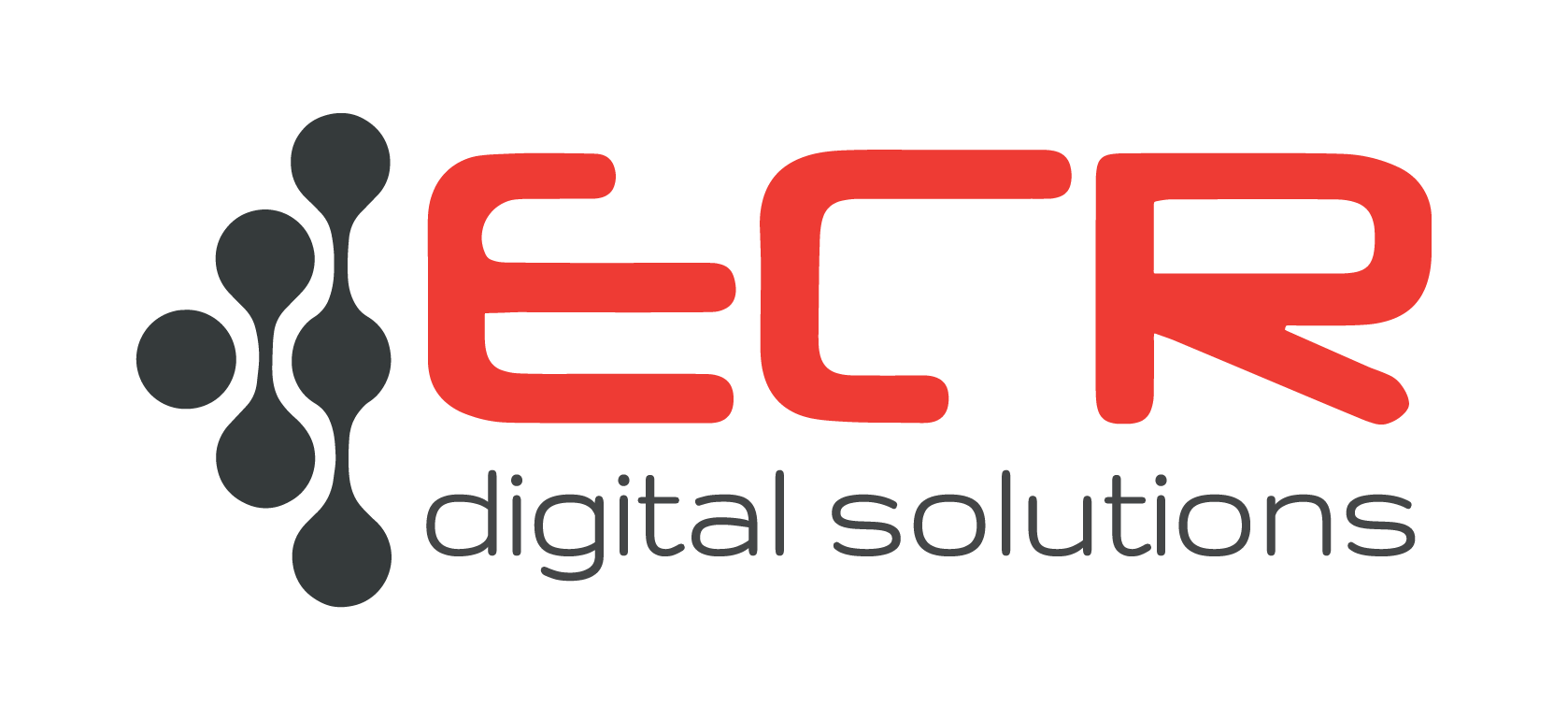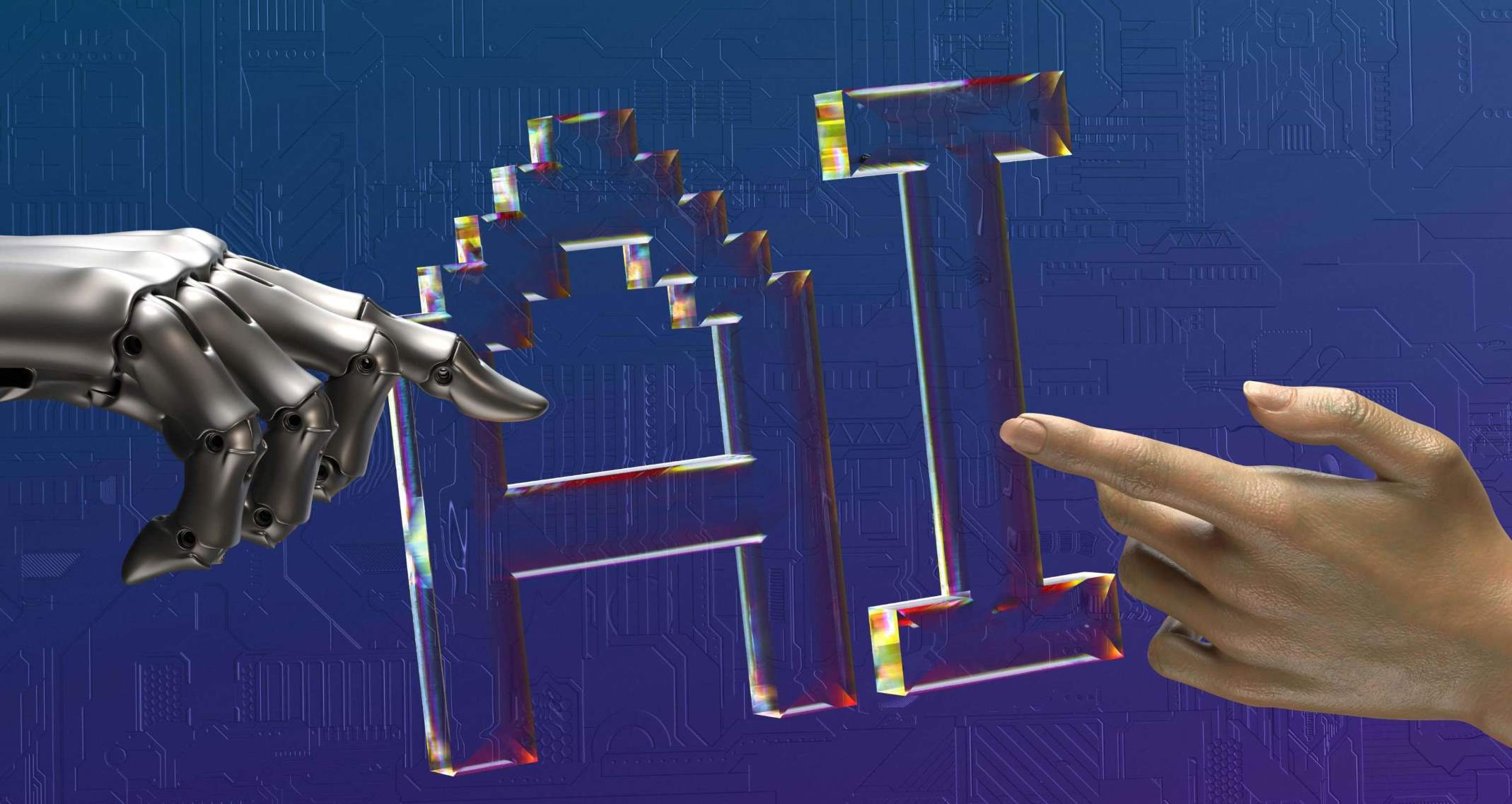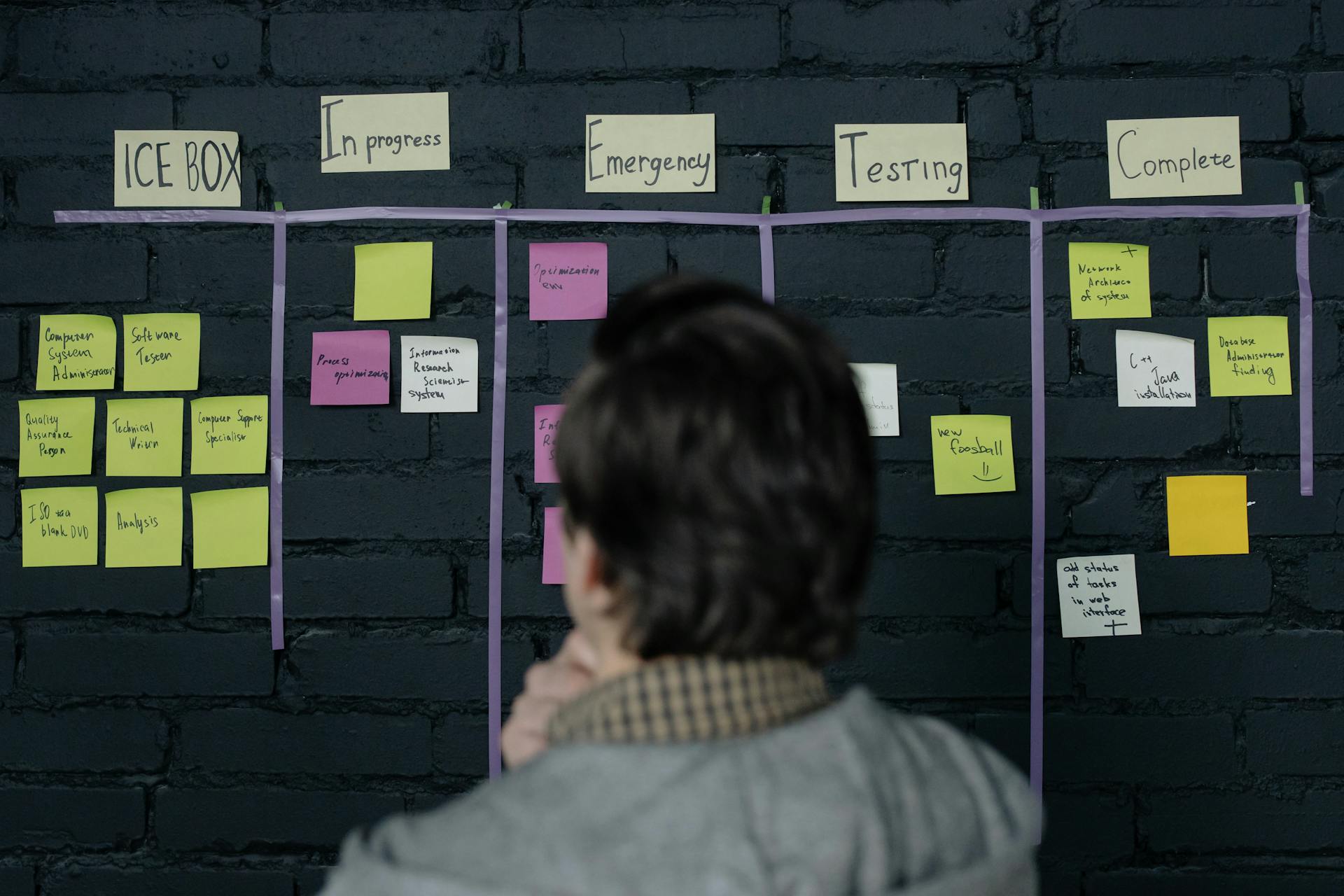The Proximate Future of AI: Business Transformation and Challenges for Higher Education
Thu 02/01/2025 10m read 1118 views
Challenges and Opportunities for Software Developers on the Rise of Powerful AI
The advent of Artificial Intelligence (AI) is reshaping industries at an unprecedented pace, and software development is no exception. From automating repetitive coding tasks to optimizing entire development pipelines, AI promises to enhance productivity while posing questions about the future role of developers. To stay relevant, developers must adapt to this transformative era and leverage AI as an ally rather than a threat.

AI in Software Development and Mobile Applications
AI is revolutionizing the software development landscape in several ways:
- Accelerated Development Cycles: AI-powered tools, such as GitHub Copilot and Tabnine, assist developers by auto-generating code, reducing development time, and minimizing errors.
- Enhanced Testing and Debugging: AI-driven testing tools, like Testim and Applitools, can automate the creation and execution of test cases, identify bugs, and predict potential issues before deployment.
- Smarter Mobile Applications:
- Personalized User Experiences: AI enhances mobile apps by offering customized recommendations, real-time predictions, and natural language interfaces.
- Automation and Optimization: AI enables real-time data processing and decision-making for apps, improving functionality in fields such as healthcare, finance, and e-commerce.
- Intelligent APIs and Integrations: AI facilitates seamless integration of APIs and microservices, allowing developers to build sophisticated applications with minimal effort.
Will Developers Still Be Necessary?
The increasing capabilities of AI in automating tasks raise a valid concern: will developers remain indispensable? The short answer is yes, but their roles are evolving:
- Strategic and Creative Thinking: AI excels in automating repetitive tasks, but it lacks the creativity and critical thinking required for designing innovative solutions and architecting complex systems.
- Ethics and Governance: Developers will play a pivotal role in ensuring AI systems adhere to ethical guidelines, avoid biases, and operate transparently.
- Customization and Maintenance: AI tools require human intervention for customization, fine-tuning, and continuous improvement to meet specific business needs.
- Emerging Domains: As AI unlocks new possibilities, developers will lead the charge in unexplored areas like quantum computing, blockchain integration, and advanced robotics.
In essence, while the nature of development work will shift, developers remain at the core of technological innovation.
Embracing AI to Transform Software Development
- Learn AI Fundamentals:
- Developers should familiarize themselves with key AI concepts such as machine learning, deep learning, and natural language processing.
- Online platforms like Coursera, Udemy, and edX offer accessible courses tailored to software professionals.
- Leverage AI-Powered Tools:
- Adopt tools like GitHub Copilot, DeepCode, and CodeWhispererto automate routine coding tasks, detect vulnerabilities, and accelerate debugging.
- Enhance Problem-Solving with AI:
- Use AI to analyze and identify patterns in large datasets, enabling faster and more accurate decision-making.
- Implement predictive analytics for proactive troubleshooting and optimization.
- Develop Expertise in AI Frameworks:
- Master popular frameworks such as TensorFlow, PyTorch, and Keras to integrate AI capabilities into applications.
- Stay Current with Industry Trends:
- Follow developments in AI-driven development practices and participate in forums, hackathons, and conferences to stay ahead of the curve.
- Collaborate with AI Systems:
- Shift from task-oriented coding to working in tandem with AI systems, focusing on refining and orchestrating AI-generated code rather than writing it from scratch.
- Contribute to Ethical AI:
- Understand the societal impacts of AI and actively contribute to building fair, unbiased, and responsible AI solutions.
Problems and Resolutions in the AI Era
| Problem | Resolution |
| Job displacement concerns | Upskill in emerging areas like AI integration, data analysis, and ethical AI. |
| Lack of familiarity with AI tools | Invest time in learning and experimenting with AI-powered development tools. |
| Ethical dilemmas in AI-driven development | Educate yourself on AI ethics and advocate for responsible AI practices. |
| Difficulty in adapting to AI workflows | Collaborate with AI systems to enhance productivity and focus on innovation. |
Conclusion
AI represents a paradigm shift for software developers, offering unprecedented opportunities alongside significant challenges. While automation may reduce the need for certain routine tasks, the creative, strategic, and ethical roles of developers remain indispensable. By embracing AI as a powerful collaborator, developers can not only future-proof their careers but also redefine the boundaries of what technology can achieve. The future of development isn’t about replacing humans—it’s about empowering them to build a smarter, more innovative world.
Related articles










